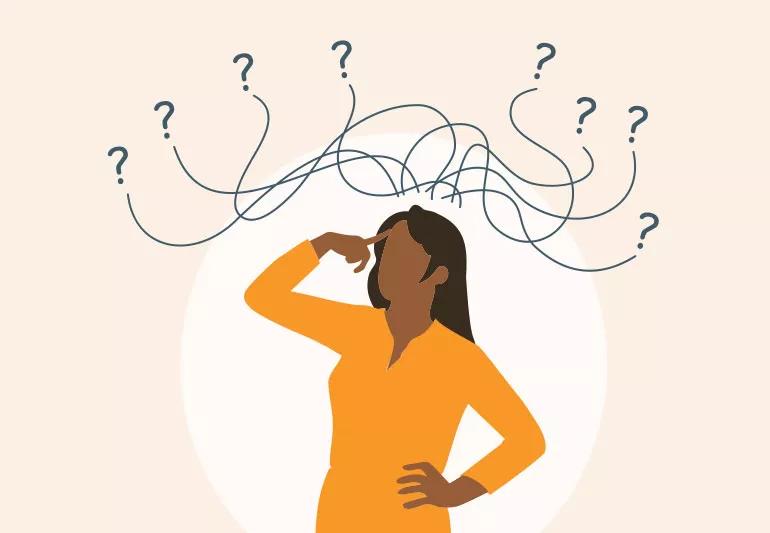Psychology, the study of the mind and behaviour, is filled with fascinating insights that help us understand ourselves and others better. Over the years, psychologists and researchers have uncovered numerous psychological facts that have profound implications for our daily lives. From the placebo effect to social loafing, these discoveries shed light on why we think, feel, and act the way we do. In this blog, we will delve into the top 10 psychological facts, exploring their history and providing detailed explanations to enhance your understanding of human behaviour.
- Blogs
- Psychology
- Top 10 Psychological Facts Explained 665eb8f7bdccdd0001d2fe08
Top 10 Psychological Facts Explained
Psychology • 4 Jun, 2024 • 5,500 Views • ⭐ 1.0
Written by Shivani Chourasia

The Placebo Effect
The placebo effect, first documented in the early 20th century, refers to the phenomenon where patients experience real improvements in their condition after receiving a treatment with no therapeutic value. The term "placebo," derived from Latin meaning "I shall please," was first used in the medical context in the 19th century. However, it was during World War II that the placebo effect gained significant attention. Dr. Henry Beecher, an anesthesiologist, observed that wounded soldiers reported pain relief after receiving saline injections, believing they were receiving morphine.
The placebo effect works primarily through the power of belief and expectation. When a patient believes that a treatment will work, their brain releases endorphins and other chemicals that can mimic the effects of actual medical treatments. Numerous studies have demonstrated the placebo effect across various conditions, including pain management, depression, and even Parkinson's disease. The effect highlights the mind's powerful influence on the body and underscores the importance of psychological factors in medical treatment.
PSYCHOLOGY QUIZ • 10 QUESTIONS • 2 MINS
We've got a Psychology quiz for you!
TAP TO PLAY

Cognitive Dissonance

Cognitive dissonance, a theory developed by Leon Festinger in the 1950s, describes the discomfort individuals feel when they hold conflicting beliefs or engage in behaviour that contradicts their beliefs. Festinger's seminal work on cognitive dissonance began with a study of a doomsday cult. Despite the failure of their predicted apocalypse, the cult members strengthened their beliefs to reduce the dissonance between their expectations and reality.